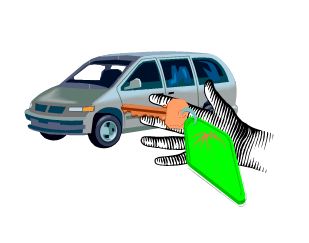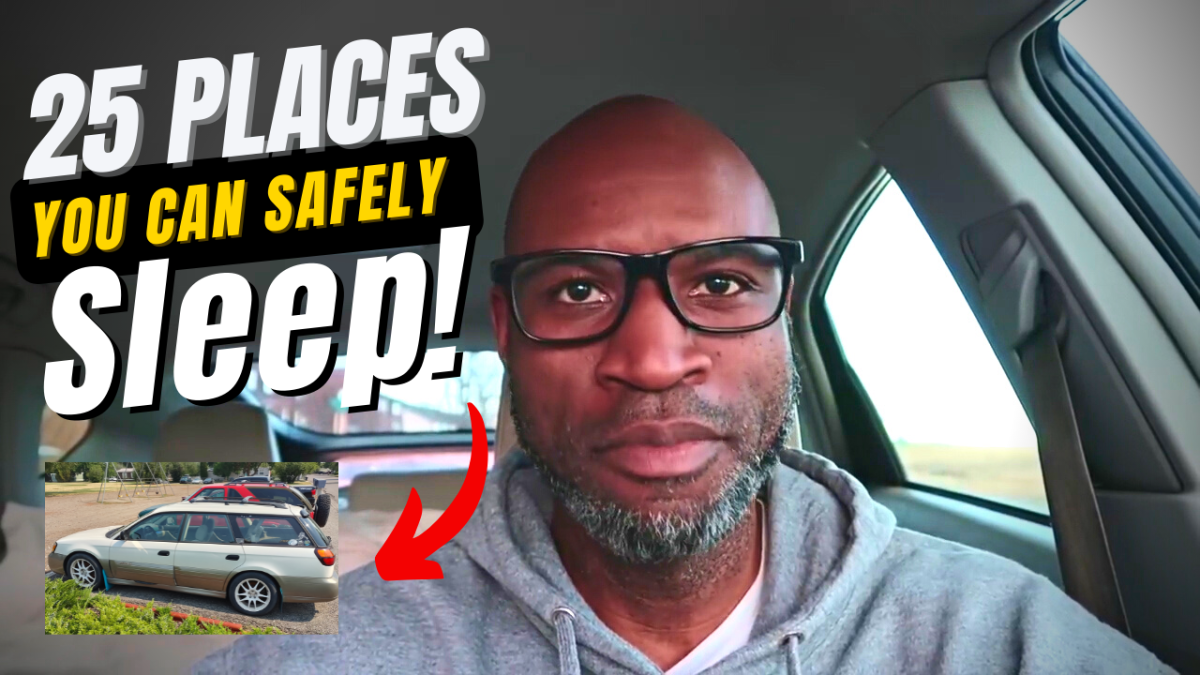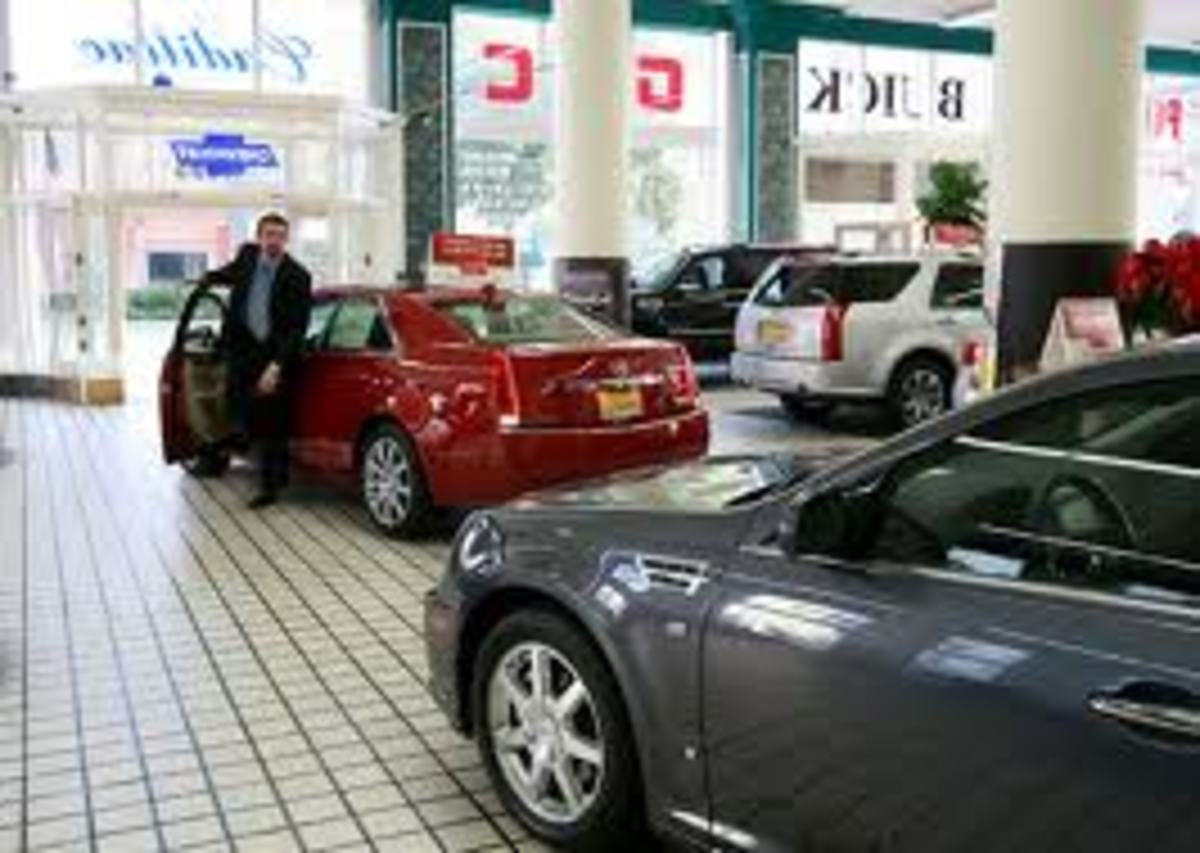Car Buying Advice

Buying a Car is Different
When you go to a store, like Walmart for example, you find what you need, stand in line, pay for it, and you are done. You don't spend any time with the sales associate haggling over the price of a product. Imagine having to do that for everything you buy! It would not be pretty, unless you like that kind of thing.
Anyway, this weekend, I spent most of my time looking for a new car. At one place, I spent 2.5 hours, just to walk out at the end. You can probably guess that a lot of haggling went on there. It can be fun if you like that kind of thing, but it can be emotionally draining for most.

The Path to Haggling
As most of you know, the sticker price isn't the price you should be paying for a car. It is basically a starting point. The prices of cars can vary depending on the demand. If the demand is low, you may have a better chance at getting the price you want. If the demand is high, the dealer has no problem selling cars at their asking price. That's just the way it is in a free market.
If you've had experience negotiating a deal with car dealership, you probably already know the general the general path to haggling. I goes somewhat like this:
- You do some research online for the car and possible prices for the car you want.
- You find the nearest dealership and make an appointment. Note that making an appointment will make the dealer feel that you are more serious about buying than someone who just drops in.
- Upon arriving at the dealership, you take a test drive. Thereafter, if you were satisfied, you show interest, and so the car sales person takes you into their office. This is were the haggling begins. You are now in the lion's den.
- You convince the sales person that you are a viable car buyer by explaining to them that you've done some homework and are looking to buy a car this week.
- The sales person talks to you about the car, assessing whether you've fallen in love with it or not. Then starts to talk about ways you can pay for it. Some dealerships can finance the car for you; some can finance you through the car manufacturer's special programs. They may also say you can pay for it in cash. At this point, he should be showing you some initial numbers.
- When you see the numbers, you are shocked! You counter offer with another figure.
- The sales person says, I'll see what we can do. He leaves and goes to his manager, then comes back with a counter to your offer.
- The counter to your offer still looks high; you budge a little, then make another counter offer. I draw the line here. I don't go any further than the counter offer here, unless they convince me with a sweet counter offer (through some other means).
- The sales person looks at your offer and gives you the same old story, "they aren't really making much profit on the car, and that if they sold the car to you at that price, they would be losing money." Or he would bring in his manager, and he would say the same thing.
- You hold your ground, and you ask them if there is something they can really do to make you happy. They leave again, and this time they bring in the dealership general manager. He says the same thing (that they can't sell the car for what you are asking because they wouldn't be making any profit).
- At this point, you are at a fork in the road. If you've done your homework, you should know how close you are to making a real good or bad deal.
- If you have already filled out the forms and have qualified for a loan, the dealership already know they have a good viable buyer. At this point, if you think you can still squeeze them for a bit more, then just tell them that you are done and that you don't want to waste any more of your time and theirs. If they still have some room to give, it is here where they will give it to you. Otherwise, they either think that they can sell the car to another person for a higher price, or you've really pushed them down to the bare minimum and they really have no room to move.

My Buying Experience
I took the path to haggling. During the haggling process, I met the sales person's manager and the dealership general manager. It was a long process. I spent a total of 2.5 hours at one dealership, probably spending 2 hours of it in the sales person's office.
In the end, I ended up walking out. The reason being is that I based on the deal they had offered me via their Internet special, I estimated that the total car price out the door would have been around $26,600. The car's MSRP is around $27,000. The Internet special deal was around $24,500 (taxes, title, and registration fees not included). It turns out there was a caveat to that. They came out with a $24,500 price assuming that you put $1000 down; the car manufacturer would match up to $1000. This really meant that I was paying $25,500, and the dealership was gaining $1000.
So when I drew the line on the sand with a final offer of $26,600 out the door, they would not budge. I walked out the door and into my car. A few seconds later, the sales person was running out the door trying to catch me and said that he could bring the price down further, but not to the level I wanted. After a few more minutes of haggling (with me in the car and the sales guy standing outside), I decided to just not waste time anymore and move on.

Finally Got a Car!
After the last car haggling experience, I decided to let things sit for about a week before resuming the search for a new car.
I eventually decided on another car that was rated #2 in some survey. I personally liked it better than what was in #1. Like the previous dealer, they gave me an Internet offer that was certainly several thousands below the MSRP.
I explained to the Internet car sales representative that I was interested but wanted to make sure their offer had no strings attached. I iterated that I had a bad experience with another dealer who reneged on their offer, and I noted that I didn't want to repeat that, and didn't want to waste his time if he can't deliver. He confirmed this in writing, and so I made an appointment.
Once I got to the dealership, he showed us the next trim/model of the car. This was was about $3000 more than the original. This more expensive car had an MSRP of about $31,000. I asked if they can sell it to me for $30,000 out the door; even offering to pay the car cash if they agreed. They would not budge. I then left the dealership letting the sales guy know that I will think about their offer. When I left, the sales guy made no effort to keep me.
At that point, I knew that my offer was way too low for that car.
After a few days, I decided to buy the original car. I emailed that sales guy and he responded right away. Within the same day he was able to track down a car as close as possible to my specification.
That same day, I came in to close the deal. However, before closing the deal, the dealership general manager offered to sell me extended car warranty for $2995. After I showed my concern about the cost, he reduced it. I wasn't interested because most of my cars last at least 10 years with no major problems. He reduced it again, down to $1495, because I was a veteran. I was almost tempted to buy it, but still decided to forego it.
Finally paid the car and closed the deal. They cleaned the car and gave it a full tank of gas. The dealership was happy, and most importantly, I felt good about my purchase.
I finally got my new car!

Lessons Learned
I learned some very important lessons in this buying experience:
- Do car price research so that you can make sure you are making a good deal.
- Hold the dealer to what they advertised; in my experience above, the email I received with the offered car price was pretty good. I was thinking of even slicing off a tad bit more, but when the dealer reneged, I should have stopped sooner and moved on; instead I wasted two hours with sales people who were explaining that it was a typo, even when their email clearly stated their offer price, including their fine print which says that it doesn't include tax, registration and other various fees.
- You are the buyer; you must feel good about the purchase in the end. In my experience above, the price they were offering me was getting pretty close to the original offer, but I wasn't feeling good about the entire experience. The car dealership was doing a bait and switch on me.
Below are common sense or basic rules for buying a car:
- Do not pay the window sticker price!!!
- Do make a fair offer so that the dealership and the sales guy are able to make some profit; this way it is a win-win. An unreasonable price proposal will lead nowhere.
- You are the buyer. Remember, you are paying tens of thousands of dollars, so you better feel good about the purchase in the end. If you don't, you may regret the purchase.
- Before closing the deal on you, the dealership will try to sell you additional warranty. It can get tempting, but if you know that you aren't going to be driving the car more than 10,000 miles per year, and that you aren't going to abuse your car, most likely, your car will last at least 10 years--3 years past some of the longest warranty extension offers I've seen. Bottom line: you don't need extended warranty, lest you want to throw away thousands of dollars.

Why Not Share Your Car Buying Experience!
Have you recently purchased a new or used car?
If so, why not take the poll below or make a comment by sharing your own experience. We might as well learn from each other.








